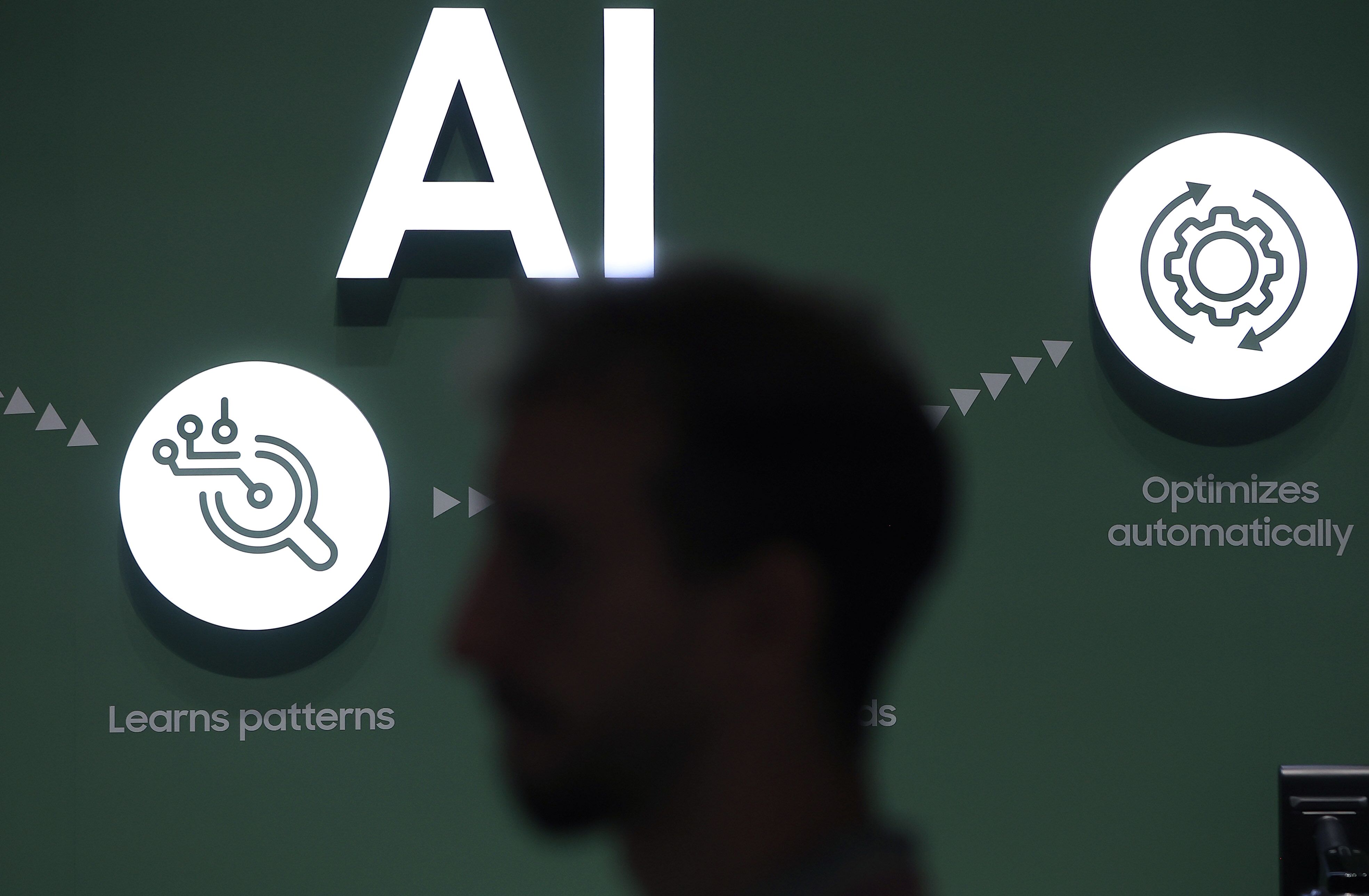Bloomberg Linea – Since the 1960s, the National Science Foundation (NSF), a foundation in the United States, has advanced the field artificial intelligence. On the board in South by Southwest (SXSW)Experts from the organization spoke about the increasing ability of artificial intelligence to analyze large amounts of information, such as language or images, and find patterns in the midst of chaos.
NSF is a US government agency responsible for supporting scientific projects. Historically, the agency has been involved in the research that led to the Internet and also in the Human Genome Mapping Project, between 1988 and 2003.
Michael L. discussed Littman, Director of the Information and Intelligence Systems Division, highlighted the challenges of applying artificial intelligence systems in real-world environments, highlighting the importance of understanding how people interact with these systems. He spoke about the need for probabilistic forecasts and decision-making processes, especially in sectors where risks are high, such as finance.
The expert also addressed the dynamic nature of artificial intelligence systems when deployed in the real world, noting that their interactions with users can lead to unexpected changes and results. For him, it is important to study human factors and psychology when designing AI systems, as well as the need for robust testing and evaluation to ensure their effectiveness and reliability.
Read also: Google region leader says quantum computing will power the era of artificial intelligence
Amy McGovern, head of the NSF AI Institute for Trustworthy AI Research in Meteorology, Climatology and Coastal Oceanography, discussed the challenges of testing AI models in real-world environments, highlighting the difficulty of predicting their performance outside of a training environment.
She stressed that traditional tests, which are performed on specific data sets, may not capture changes in human behavior and real-world conditions that affect model performance.
For her, it is necessary to develop more comprehensive tests that take into account the system as a whole, taking into account not only knowledge of people and computers, but also how these elements interact and influence the system.
For McGovern, testing AI models at scale is a major challenge because of the complexity and unpredictability of the results. She stressed the importance of addressing these issues at the systemic level to ensure the effectiveness and safety of artificial intelligence systems in the real world.
Littman also discussed creating a new Institute for Artificial Intelligence, or ICT, that would develop AI standards.
These standards aim to establish standards and certifications for artificial intelligence systems, with the aim of addressing issues of safety and effectiveness. He stated that these standards will help standardize performance metrics and evaluations for artificial intelligence systems, making it easier to compare different models and technologies.
He also highlighted the importance of considering the social and ethical implications of artificial intelligence during the development and implementation process, and concluded by noting that adopting these standards can contribute to improving public trust and acceptance of artificial intelligence.
McGovern said that in recent years there has been significant progress in the way computers are directed to perform tasks. She emphasized the excitement of being able to tell computers how to perform a task, comparing this approach to traditional programming but in a more intuitive and descriptive way.
Read also:
Amy Webb: Computers using brain cells are a new frontier in artificial intelligence

“Wannabe internet buff. Future teen idol. Hardcore zombie guru. Gamer. Avid creator. Entrepreneur. Bacon ninja.”

